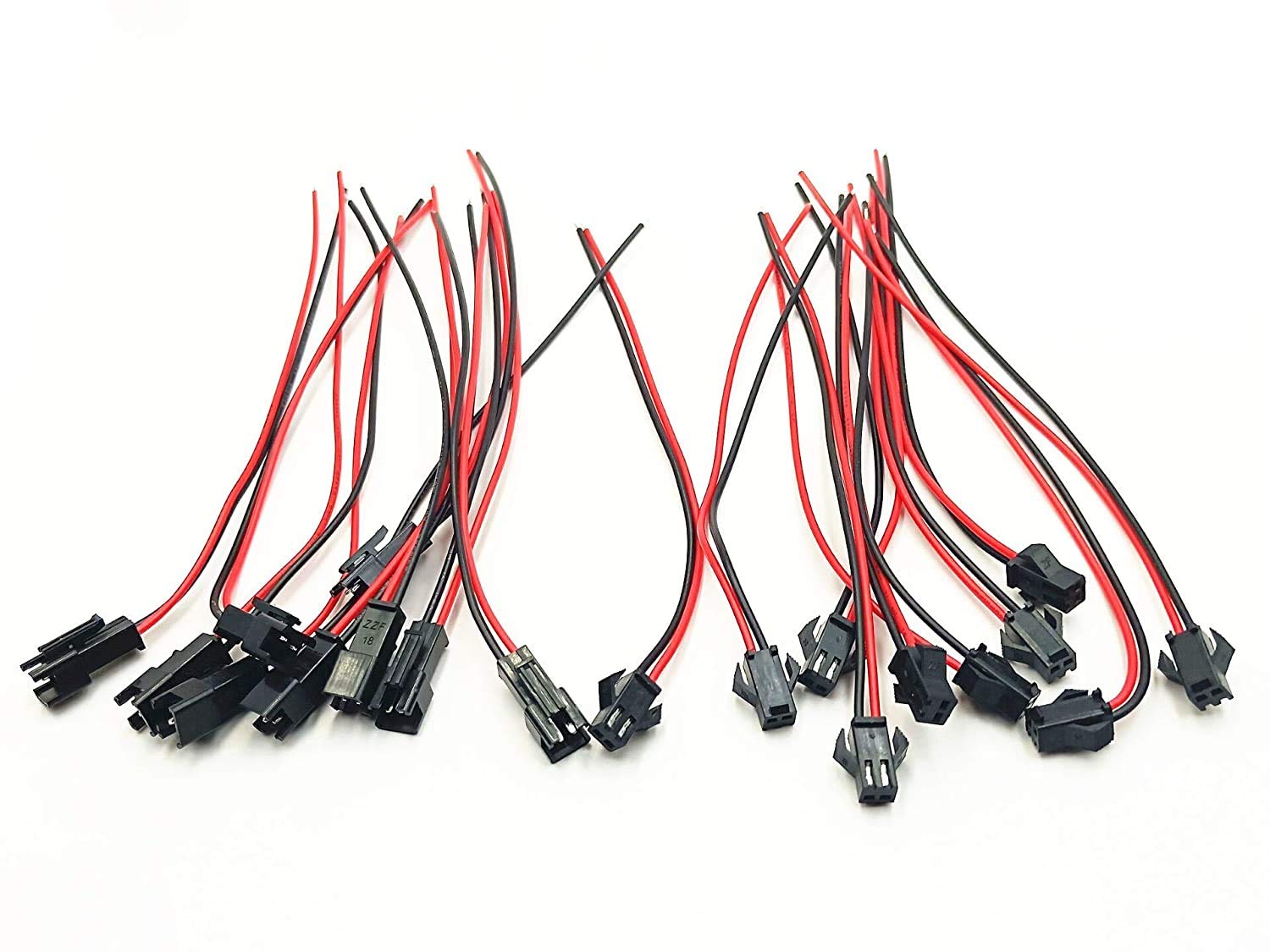The ultimate beneficial owner owns or controls a business or legal entity. UBO identification is a critical component of KYB (Know Your Business) and KYC (Know Your Business) and financial situations such as banks, investment firms and insurance companies that require identification to prevent financial loss and to avoid financial terrorism. UBO identification combats financial crimes to mitigate crime and the risk of illicit activity and ensure compliance with regulatory requirements.
Post Contents
Why is the UBO Check Important?
Companies are of many types that require identity checks from beneficial owners, suppliers and other third parties, such as their business partners. You are expected to know precisely which partners you do business with. Many financial organizations use this technique to prevent losses and establish a secure system. UBO is essential to protect companies from suspicious acts and to avoid fraud, high fines and damages. The KYB verification and UBO declaration establishing the identity of a UBO as the ultimate beneficiary depends on the companies doing business within.
Why do you need to Identify a Company’s UBO?
When onboarding a new customer, businesses that deal with or manage financial transactions are legally required to conduct due diligence. Banks and other financial institutions, among others, have been obliged to comply with particular customers periodically. To ensure and protect individuals and businesses from financial crime and loss. Companies that deal with finances or individuals who need to make financial transactions need to vet the KYC (Know Your Customer) technique that verifies a customer when opening a bank account or making online transactions. Financial crimes, including money laundering and terror funding, can be avoided by identifying UBOs for business verification. KYB regulation and UBO identification are illegal for ultimately beneficial businesses, and compliance to make businesses hide financial fraud and mitigate risk is subject to more rigid checks.
Here are some of the examples that identify UBO:
KYB Check
Performing KYB checks to identify company information according to the regulations allows organizations to make decisions to avoid risk. The documents may include the business’s legal name, address, taxpayer identification, business registration status, and licensing documentation indicating that the business requires a license and is protected by utilizing regulatory complaints.
UBO’s Identity Check Against Crime
Companies implementing Know Your Customer or UBO verification receive recognition and undergo a business KYC procedure. You can be sure that the person you are dealing with is who they say is accurate by using databases like the terrorism financing watchlist, suspension list, and others to verify UBO identity. The system has been modified to safeguard businesses against financial terrorism and illegal activity.
Take a Chance and Decide
Customers supply information to use KYB and KYC check systems. In that scenario, businesses use UBO to check customer due diligence onboarding, establish an extensive understanding of the customer’s identity, and validate the validity of the business.
Verification of UBO and AML
By understanding and recognizing the information or data provided by the organization, KYC professionals and UBO identification can identify the company. When conducting digital transactions online, money laundering is avoided by AML (Anti-Money laundering). However, UBO is essential because there is a far higher chance of non-compliance. By combining interaction with your KYC and enrolling in solutions, you may improve the user experience and demonstrate excellent compliance with authorities while decreasing the risk associated with client investigation processes.
UBO identification streamlines the process for legal entities and compliance by combining it with AML and KYC checks. It delays the start-up of a business, ensures compliance issues, minimizes human error, and leads to assessments and screenings. To stop fraudulent digital transactions, KYC verifies the buyer and the transactions carried out by the owner. Money scams are eliminated, and businesses protect themselves from financial harm and damage to their brand.
The Bottom Line
Businesses and other enterprises that implement UBO successfully carry out financial operations free of fraud. It prevents money laundering and identifies fraud and manipulation. Both parties must adhere to KYC/AML requirements, which have increasingly focused on non-competitive parties and holding them responsible. Tampering can be prevented with ongoing audits and monitoring. Verifying the information given to the user or rigid requires an understanding of the value that UBO Identification has for the owner and business. Due diligence is utilized when implementing the UBO and proper KYC procedures to deter fraud and financial loss.













